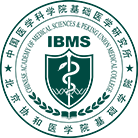

“Tracing the Source of Medical Sciences and Transmitting the Spirit of PUMC”: The Event of CAMS’s Five Institutes Going to Jianyang Held Successfully
2023 marked the 65th anniversary of the establishment of the Institute of Basic Medical Sciences (IBMS). Looking back on its history, people in IBMS may find that the decade spent with othersister institutes, such as the Institute of Hematology (IH), at “Chinese Academy of Medical Sciences (Jianyang) Branch”in Jianyang, Sichuan, isof great importance and marks a significant milestone in the history of IBMS. To further reminisce about the days of doing research in Jianyang and inherit the excellent traditions of Peking Union Medical College (PUMC), the Institute of Basic Medical Sciences, together with the Institute of Blood Transfusion, Institute of Hematology, Institute of Radiation Medicine, and Institute of Medical Engineering, jointly organized “Tracing the Source of Medical Sciences and Transmitting the Spirit of PUMC”, an event in which people from the five institutes of Chinese Academy of Medical Sciences (CAMS) went to Jiangyang to commemorate this period of history.
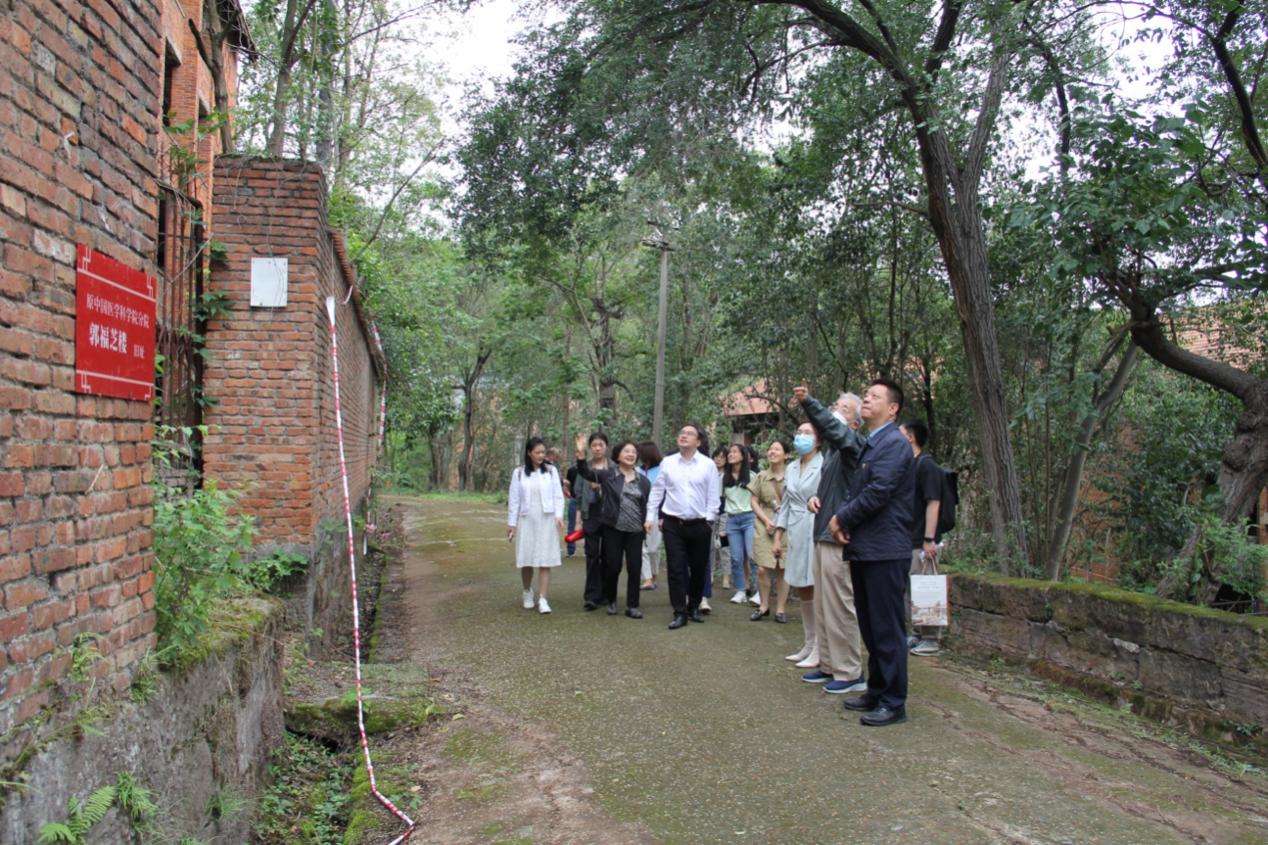
On the morning of June 4, under the leadership of Long Enwu, Director of theInstitute of Medical Laboratory Animals, and Li Junhui, Chief of the executive Office, of Sichuan Academy of Medical Sciences and Sichuan Provincial People’s Hospital, the leadership teams, senior comrades, middle-level cadres, Party branch secretaries, and representatives of young researchers of the five institutes visited the former sites of CAMS Jianyang Branch, including Building A, Building B, Office Building, Guo Fuzhi Building (a dormitory building), and Laboratory Animal Sciences Building.
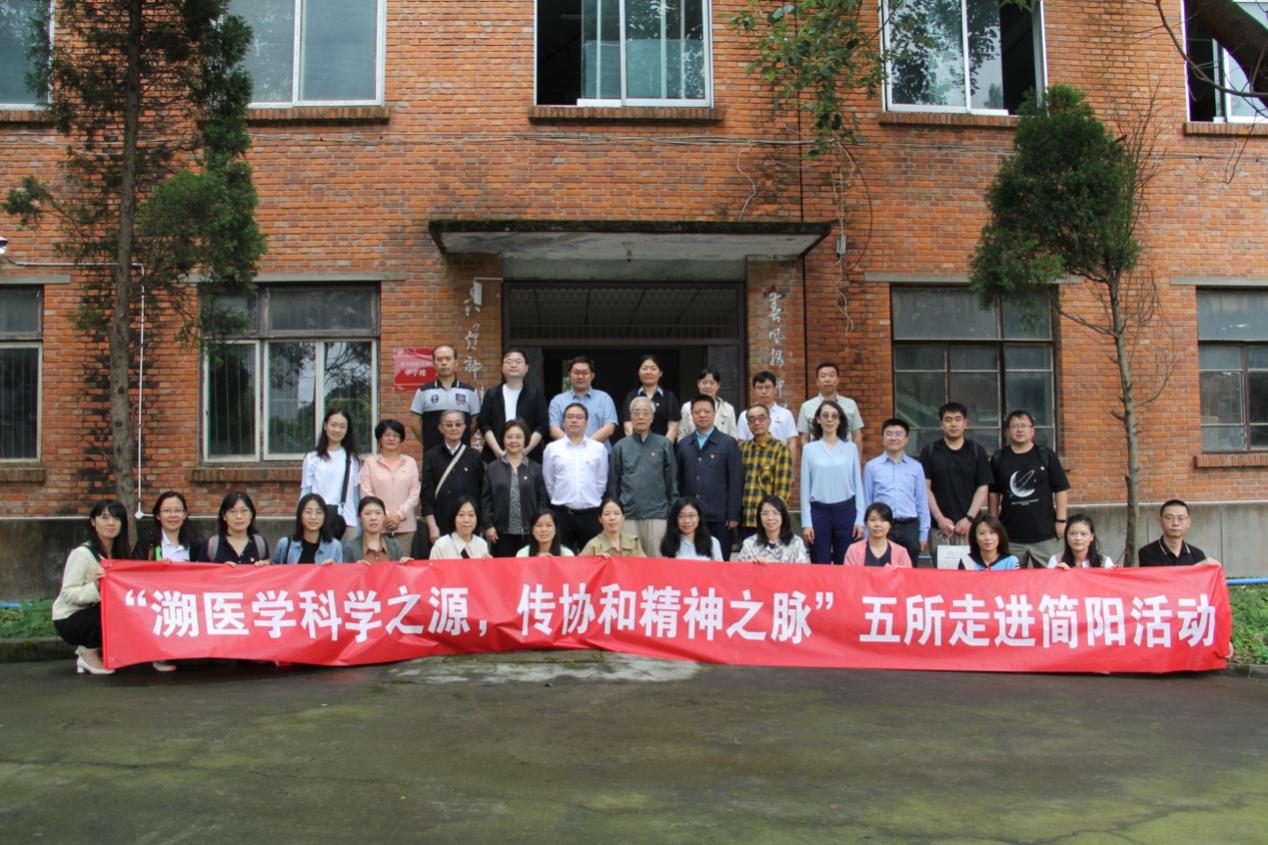
Academician Qiang Boqin, Professor Wu Yuande, Professor Miao Shiying from IBMS, and Professor Pang Xixia from IRM recalled and explained how researchers worked, studied and lived under limited conditions at that time. The on-site comrades listened carefully and felt deeply impressed and greatly inspired.
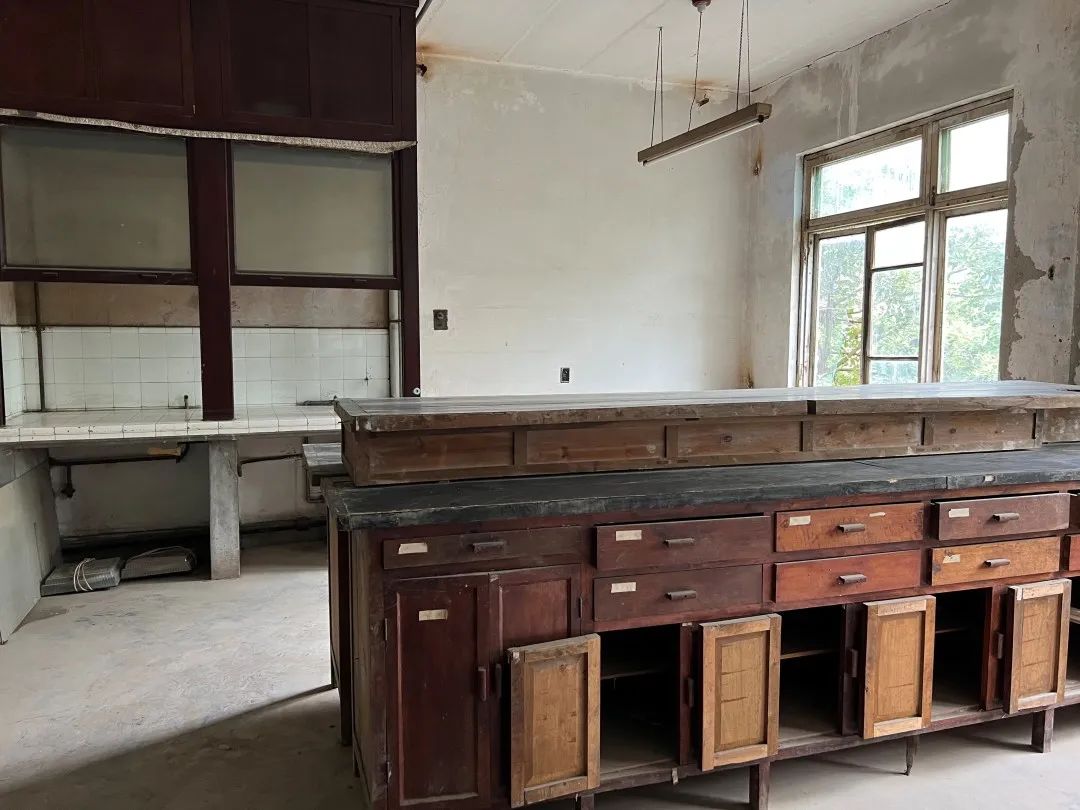
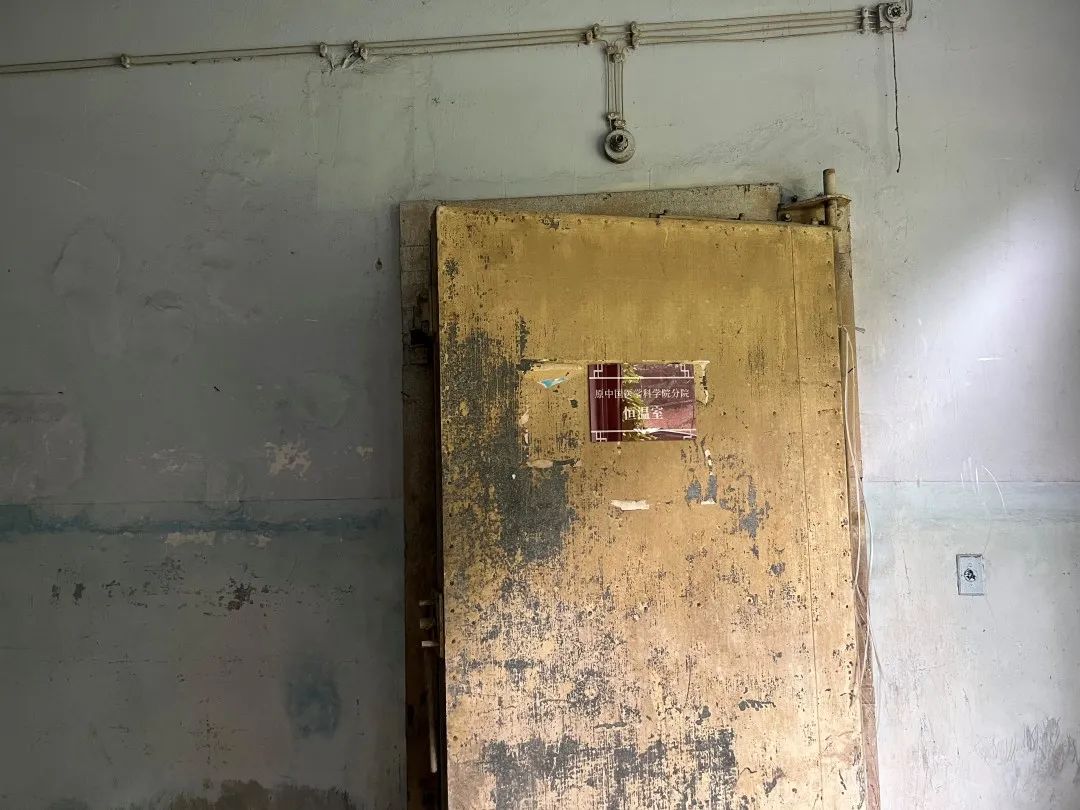
All Party members reviewed the oaths of joining the Party in front of Building A. They expressed their admiration for the scientists of the older generation in CAMS & PUMC, who came here to work in response to the call of the Party and made great contributions to the progress of China’s medical sciences and the health of the people by overcoming difficulties in families as well as personal lives. They said that as young researchers today they should further learn and inherit the old-generation scientists’ spirit of being both politically loyal and professionally qualified, and that they would bear this history of Jianyang in mind and strive to consciously fulfill the mission of serving the self-reliance of high-level science and technology and make new and greater contributions to the development of CAMS & PUMC and China’s medical and health undertakings.
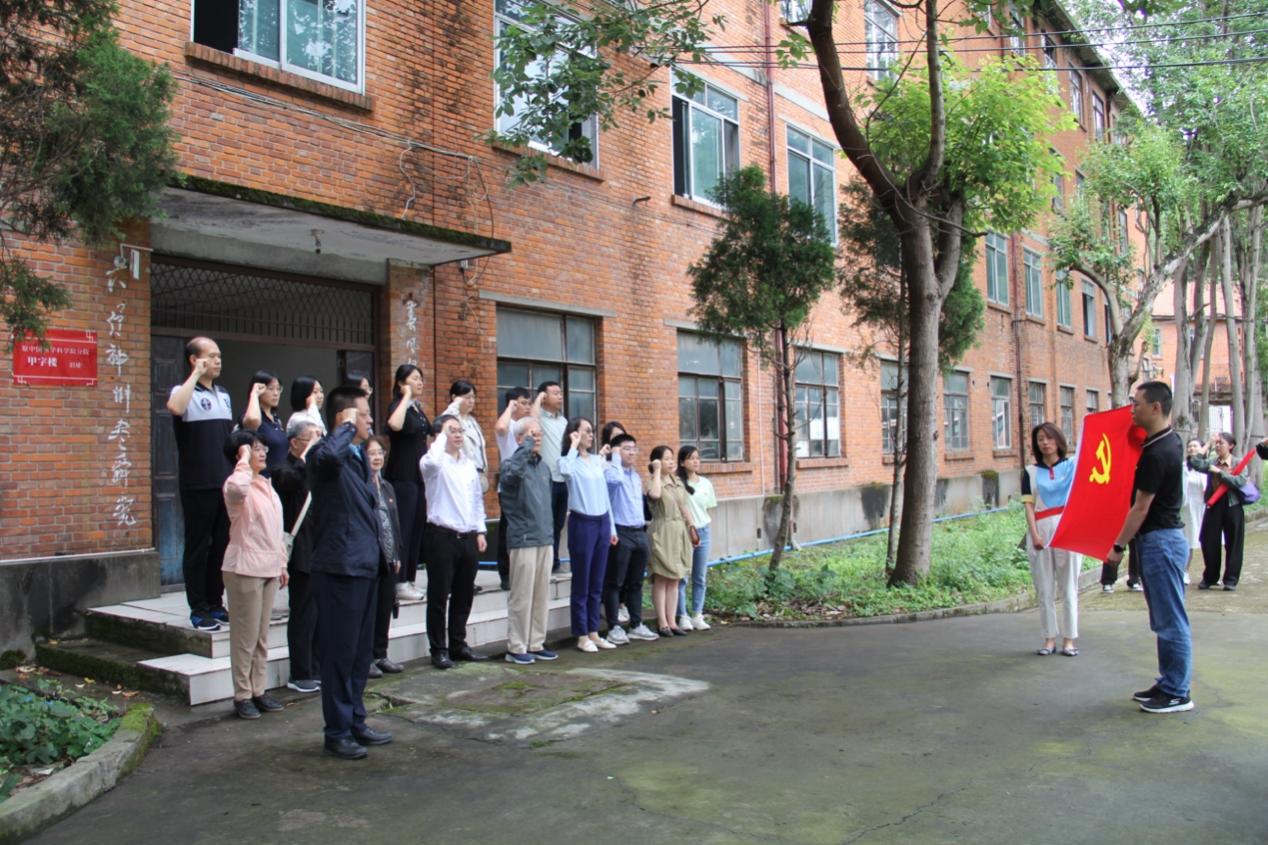
In the afternoon, the symposium“Tracing the Source of Medical Sciences and Transmitting the Spirit of PUMC” was held in Conference Room 201 of IBT. The leadership teams of the five institutes, five academicians who personally experienced the life in Jianyang, the middle-level cadres, Party branch secretaries, representatives of young researchers, and teachers from the Party Committee Office and Personnel Department of CAMS & PUMC, participated in the symposium, which was chaired by Chen Yongjun, Secretary of the Party Committee of IBT.
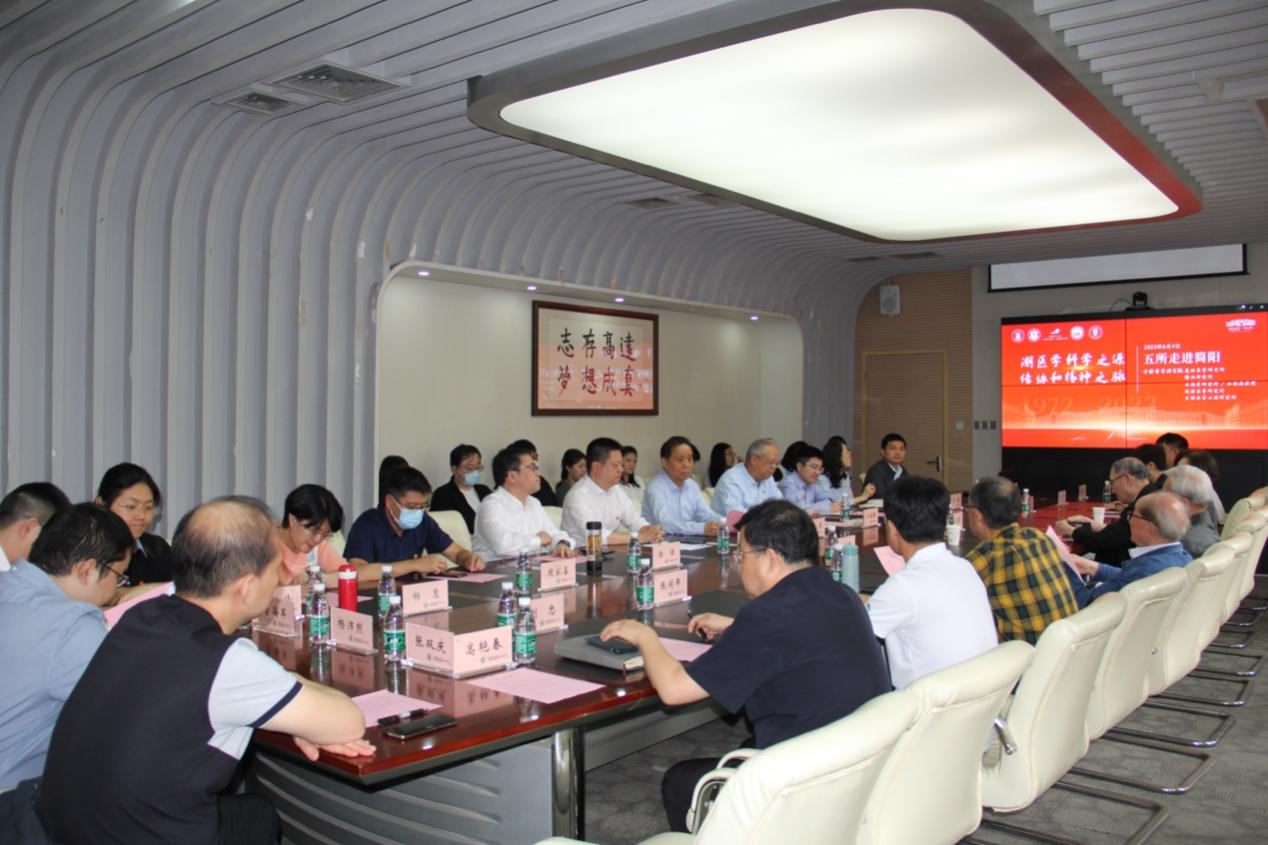
Comrade Liu Jiaxin, Dean of IBT, gave a warm welcome to all the guests at the symposium in his address. He said that the gathering of the five institutes in Chengdu to revisit the former site of CAMS Jianyang Branch and the discussion about the spirit of PUMC served not only as a ceremony to pay tribute to research predecessors but also as a practical classroom to inspire and inherit the spirit of PUMC. He said that today’s Jianyang was full of vitality and he welcomed the sister institutes to come back to pay a visit regularly
Yu Jia, Vice Dean of IBT, Yang Hui, Deputy Secretary of the Party Committee of IRM, Chen Houzao, Vice Dean of IBMS, Hao Sha, Assistant to the Dean of IH, and Zhang Chuangnian, Director of the Discipline Construction Office of IME, shared their respective scientific research work and fruitful achievements during the Jianyang period.
Later, Professor Yang Chengmin from IBT, Professor Pang Xixia from IRM, Professor Wu Yuande and Professor Miao Shiying from IBMS, and Academician Qiang Boqin shared their own work experiences and unforgettable years during the Jianyang period. Senior experts expressed their exciting feelings upon returning to Jianyang. They said that even though the working conditions and living environments were harsh at that time, they were optimistic and devoted themselves wholeheartedly to the research work of our country with a great passion for our country and the pursuit of scientific truth. Deeply touched by their stories, people at the symposium couldn’t help but shed tears.
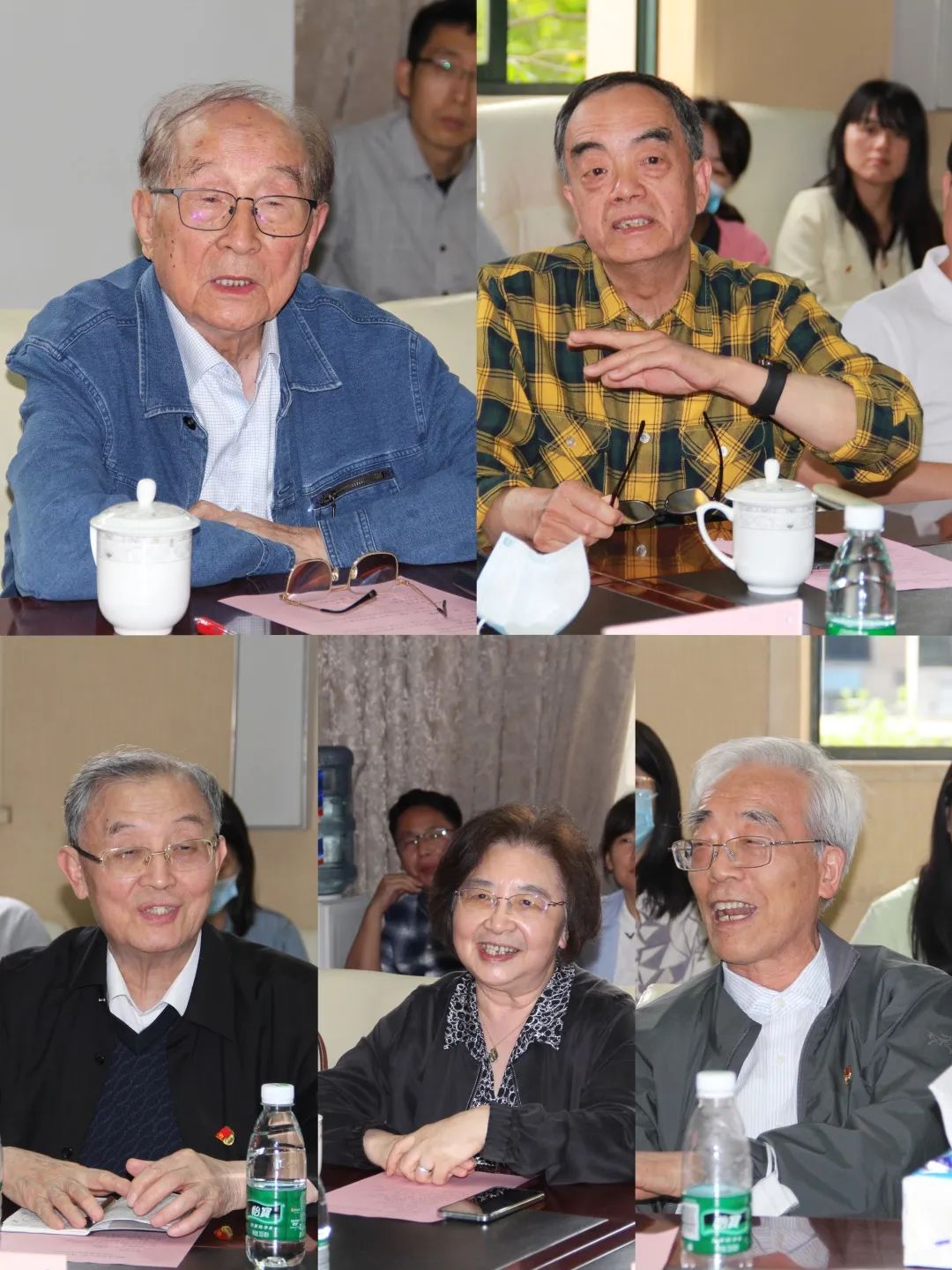
The history of Jianyang is a history of the spirit of PUMC scientists. Representatives of young scholars from the institutes said that they were greatly inspired and motivated by the stories of senior scientists and thehistorical memories of Jianyang period and that they would take over the baton of the older generation and inherit the spirit of Jianyang by strengthening their ideals and beliefs and shouldering the heavy burden of the times courageously.
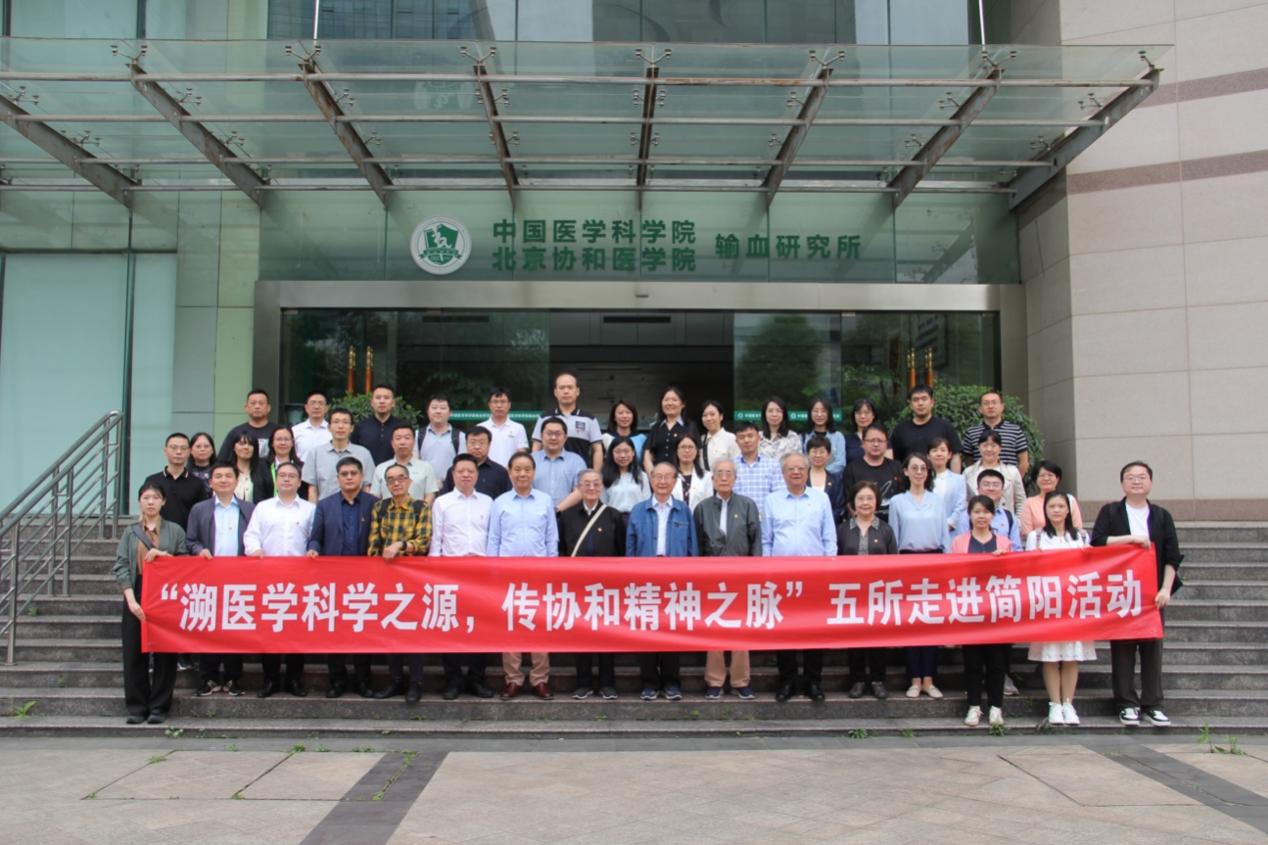
Finally, the leaders of the five institutes made concluding remarks, in which they connected the spirit of Jianyang with the missions of CAMS and the practical work of each institute. As the initiator of this event, Cheng Tao, Dean of IBMS, stated that the years spent in Jianyang were worth recalling and reflecting on, and that the five institutes, with profound historical roots and connections, hadproduced many academicians and cultivated a group of medical experts despite the harsh conditions in the mountains. Looking back on the turbulent years of the past, he emphasized that the scientists of the older generation exemplified their service to national strategies, unwavering dedication, collaborative problem-solving, and safeguarding of human life and health. Their legacy offers us profound enlightenment and guidance for contemporary research priorities and methodologies.We hope to take the opportunity of national key laboratory construction to make contributions to the building of the core base of China’s medical science and technology innovation system under the guidance of the spirit of Jianyang by breaking down the barriers between different institutes and exploring effective cooperation mechanisms.